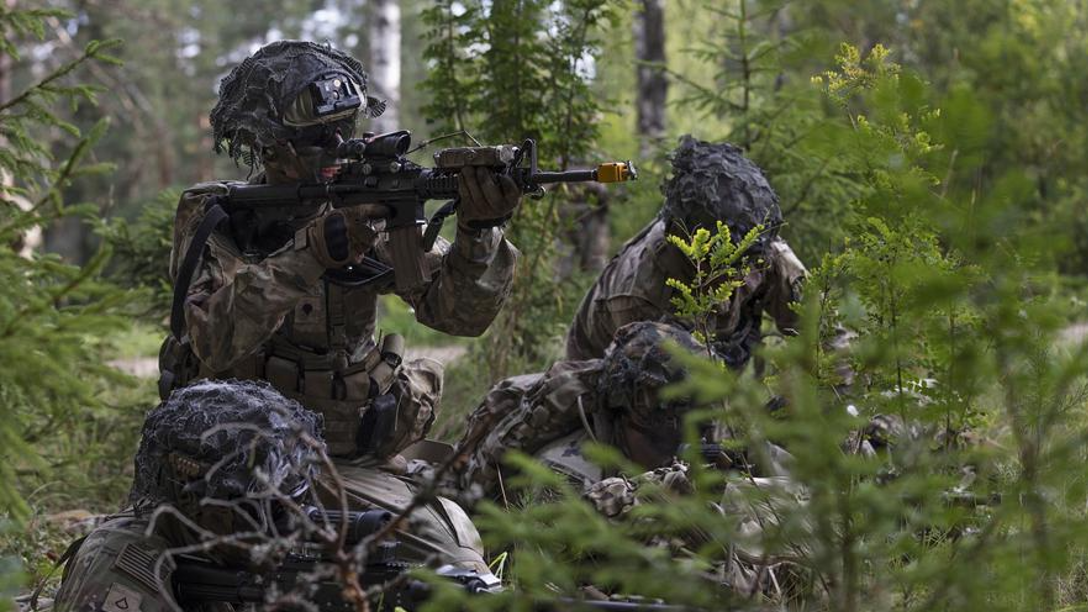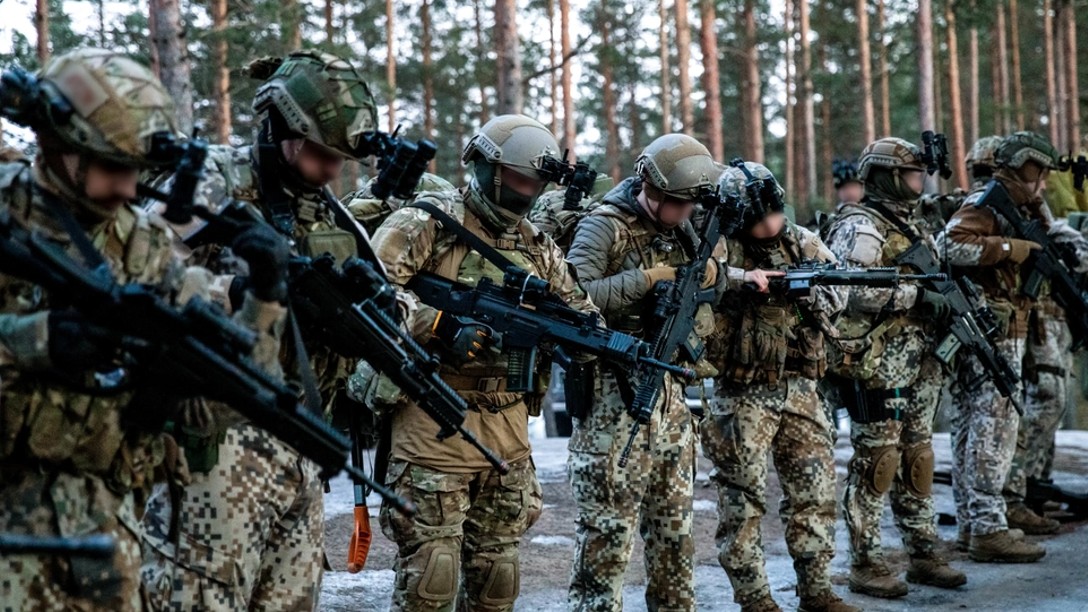Practical Courses
Practical Courses
Self-Defense Course
Learn to anti-self and gain confidence. In the modern world, unfortunately, safety is not always guaranteed. Unpleasant situations can arise in the most unexpected places and at any time. This is why the ability to protect yourself is becoming increasingly important.
A self-defense course is not just a set of techniques, it is a set of knowledge and skills that will allow you to feel confident in any circumstances. Not only will it teach you how to effectively fend off physical attacks, but it will also help you develop self-esteem, increase your self-esteem, and learn how to avoid dangerous situations.
What will you get by taking a self-defense course?


- Practical Skills: Master effective self-defense techniques that will help you handle physical attacks, even if you lack significant physical strength.
- Psychological Resilience: Learn to control your emotions in stressful situations, maintain calm, and make the right decisions.
- Self-Confidence: Experience confidence in your abilities, feel inner strength, and be ready for any challenge.
- Awareness of Dangerous Situations: Learn to recognize potentially dangerous situations, develop observation skills, and intuition.
- Enhanced Physical Fitness: Improve your physical fitness, strength, flexibility, and coordination.
A self-defense course program may include:
-
Basics of Self-Defense:
Safety Rules: Learning basic rules to avoid conflicts and reduce the risk of an attack.
Threat Analysis: Learning to assess situations, identify signs of negative energy, and understand the motives of a potential attacker.
Reaction Time: Improving reaction time and decision-making speed in stressful situations.
Safety Distance: Learning to control the distance to a potential opponent to prevent close contact.
-
Self-Defense Techniques:
Hand and Foot Strikes: Mastering striking techniques in various situations.
Blocking: Learning to effectively block strikes, push away opponents, and break free from holds.
Release from Holds: Practicing techniques to free yourself from holds, chokeholds, and safe falling.
Self-Defense with Improvised Weapons: Learning defense techniques using a bag, keys, phone, and other items at hand.
-
Prevention Strategies:
Self-Confidence: Learning psychological techniques to intimidate an attacker and prevent conflict.
Awareness: Learning to be attentive to the surrounding environment and recognize dangerous situations in advance.
Conflict Avoidance Strategies: Developing verbal communication skills and learning to say "no" confidently and clearly.
Disorientation Techniques: Learning techniques to distract the attacker and give yourself time to retreat safely.
-
Professional Training:
Different Self-Defense Styles: Courses may offer training in various self-defense styles such as Krav Maga, Aikido, Jiu-Jitsu, and others.
Practical Training: Courses include intensive practical sessions to hone the acquired skills.
Individual Approaches: Self-defense courses offer an individualized approach to training, taking into account the physical condition and needs of each student.
The duration of the self-defense course can vary from 2 weeks to 1.5 months, depending on the chosen training program. It is important to remember that a self-defense course is not a panacea for all dangers. It does not guarantee 100% protection, but it significantly increases your chances of coping with difficulties and provides a sense of self-confidence. Take this step and sign up for a self-defense course! This is an investment in your safety and peace of mind.
